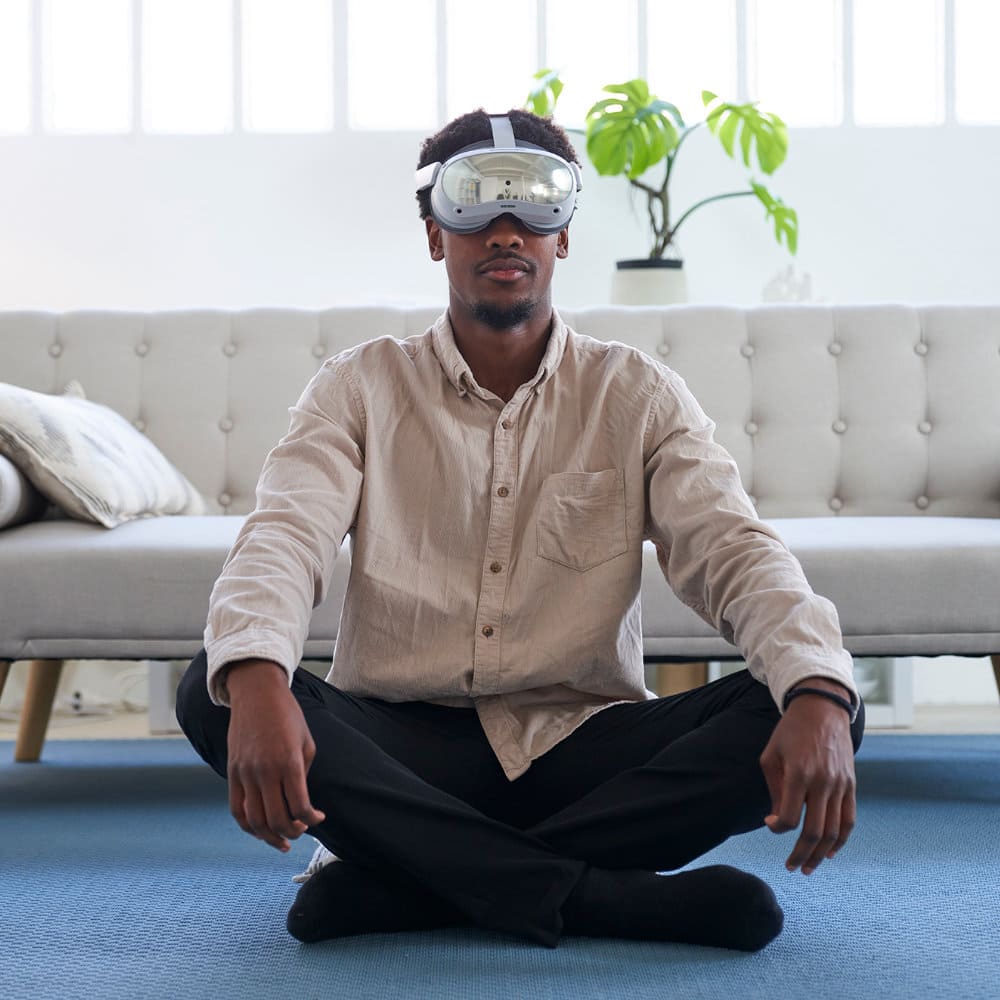Transforming Mental Health Therapy with Virtual Reality: A Deep Dive into Immersive Technologies
The New Face of Therapy: What Are Immersive Technologies?
When we hear the term immersive technologies, one might envision futuristic gaming scenarios or wild sci-fi adventures. However, these technologies have transcended entertainment, finding a transformative role within the realm of mental health therapy. Virtual Reality (VR), Augmented Reality (AR), and Mixed Reality (MR) are leading the charge, offering innovative interventions that are changing how we approach mental wellness.
Understanding Virtual Reality in Therapy
Virtual Reality (VR), in particular, has begun to shine in the context of mental health treatment. It helps create a simulated environment where patients can confront their fears, rehearse social skills, and gain new coping mechanisms—all within a safe and controlled space. Patients can explore these fully immersive experiences where their brains can successfully navigate problems without the usual real-life consequences.

How Virtual Reality is Revolutionizing Mental Health Intervention
Confronting Phobias and Anxiety Disorders
Phobias can be debilitating. With VR, therapists can guide patients into exposure therapy sessions visually and experientially. Whether it’s fear of heights, spiders, or public speaking, VR allows individuals to engage with their phobias step-by-step.
- Gradual exposure to fearful stimuli.
- Realistic scenarios to practice responses.
- Immediate feedback from therapists and the environment.
This method is not about making the anxiety disappear but helping individuals learn to manage it effectively.
Social Skills Training for Individuals with Autism
Virtual Reality provides unique opportunities for individuals with Autism Spectrum Disorder (ASD). Social interactions can be daunting for many with ASD, but VR allows them to practice social skills in a risk-free environment.
Benefits of VR for social skills training include:
- Controlled interactions with realistic avatars.
- Reinforcement of positive social cues.
- The ability to repeat scenarios until comfortable.
Accessing the nuances of social engagement becomes more manageable, paving the way for better real-life interactions.
Enhancing Exposure Therapy for Post-Traumatic Stress Disorder (PTSD)
For those dealing with PTSD, rehashing traumatic experiences can be extremely difficult. Virtual Reality offers a rigorous yet compassionate approach to exposure therapy by allowing individuals to safely revisit the memories in a controlled setting.
- Multiple scenarios to cater to different triggers.
- In-the-moment therapeutic guidance.
- Ability to step back when overwhelmed.
Through this simulation, patients can gradually process their traumas without being overwhelmed by the memories.
The Science Behind Virtual Reality Therapy
While the advantages of VR in therapy sound promising, you might be wondering about the science that validates these interventions. Research has overwhelmingly showcased positive outcomes, reinforcing the effectiveness of VR in various mental health challenges.
Evidence-Backed Impact on Mental Health
Multiple studies indicate that VR-based therapy can decrease symptoms of anxiety and stress. Data suggests that patients undergoing VR therapy may experience:
- A significant reduction in fear responses.
- Improvement in overall coping skills.
- Enhanced physiological responses—lower heart rates and improved relaxation.
As researchers continue to delve deeper, the potential of immersive technologies in genetics and personalized therapy becomes increasingly evident.
Accessibility and Innovation: VR Solutions for Everyone
Despite its modern undertones, utilizing virtual reality therapy does not necessitate cutting-edge technology. Today, many VR platforms are readily available, and some mental health practitioners are integrating these technologies into their practices.
The Future is Now: DIY VR Therapy
In recent years, the emergence of affordable VR headsets has started to democratize access to these innovative therapies. Programs designed for various concerns can be downloaded, viewed, and used at home. This opens the door for:
- Accessibility for those with mobility challenges.
- Convenience to practice skills when one is most comfortable.
- Potential for ongoing therapy without frequent sessions.
The Challenges Ahead: Hopeful Horizons
While immersive technologies in mental health therapy present an exciting future, there are challenges to address as we embrace this revolution in care.
Ethical Considerations and Training
Navigating ethical concerns is a critical aspect of VR therapy. Clinicians must ensure:
- Patient privacy in VR environments.
- Professional training for therapists to use VR tools appropriately.
- Informed consent about what experiences entail.
As we push forward, understanding these dynamics will be essential to ensuring the efficacy and safety of VR interventions.
Final Thoughts: Your Mental Well-Being and Technology
By integrating innovative technologies into mental health treatment, we are at the cusp of a new era — one where virtual reality isn’t just a fantastical escape but an effective therapeutic tool. As therapists and patients alike embrace these immersive interventions, the landscape of mental health treatment is changing for the better. With ongoing research, training, and ethical consideration, the marriage of technology and therapy looks promising, reminding us that mental well-being is paramount in today’s fast-paced world. 🌟




0 Comments